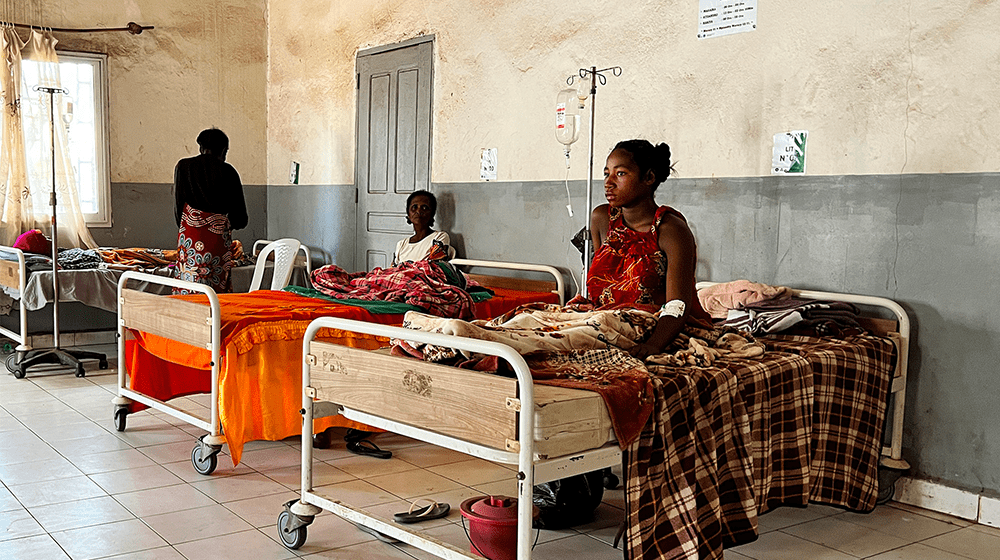
Healing and hope for women in Tigray, Ethiopia
Reducing obstetric fistula and maternal mortality
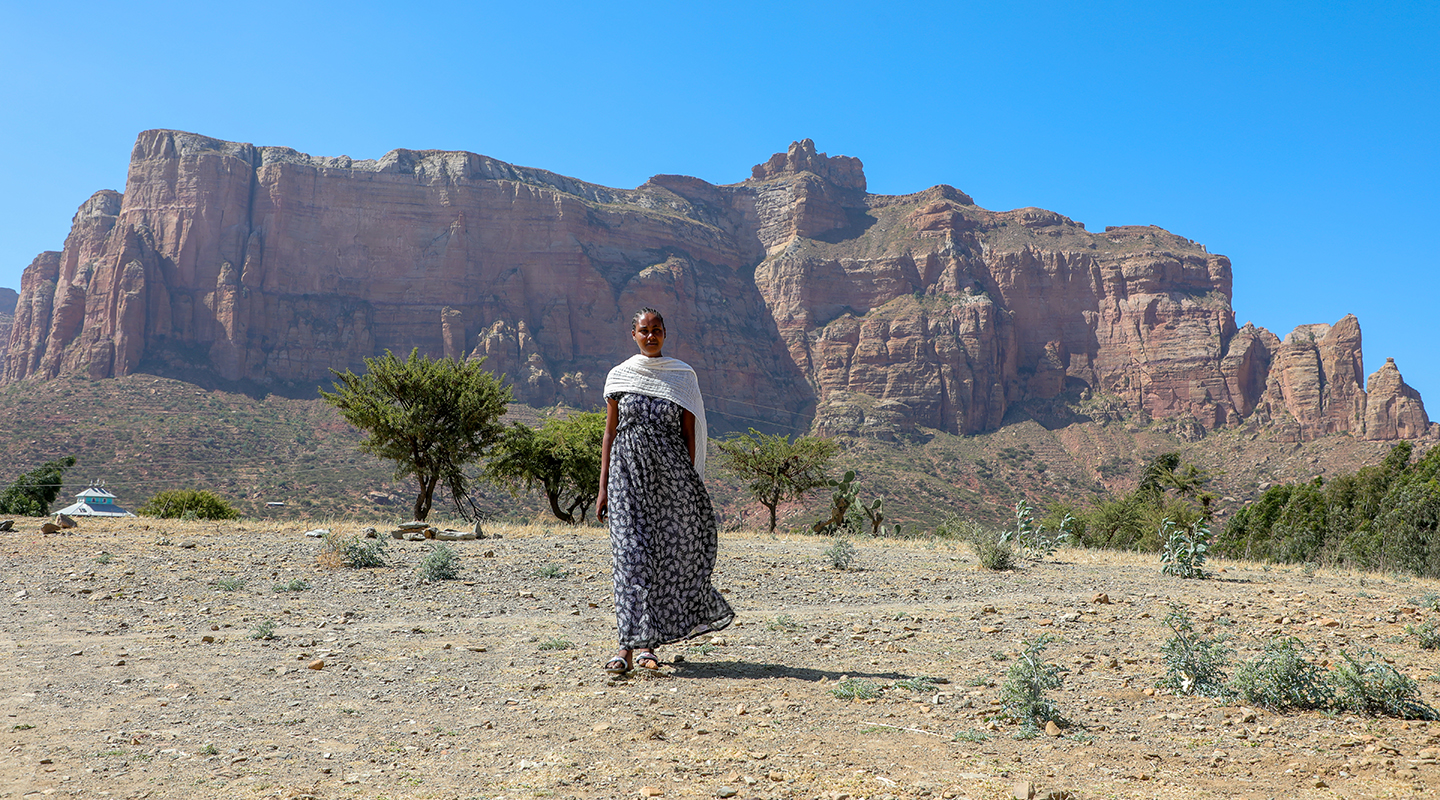
Yemane Mihret was nine months pregnant when violent clashes in her town of Hawzen in the Tigray region of Ethiopia forced her from home into the desert.
“While in the desert, I started to feel labour pains. It started at 8 p.m. on a Sunday, and I gave birth at midnight on Tuesday.” –Yemane
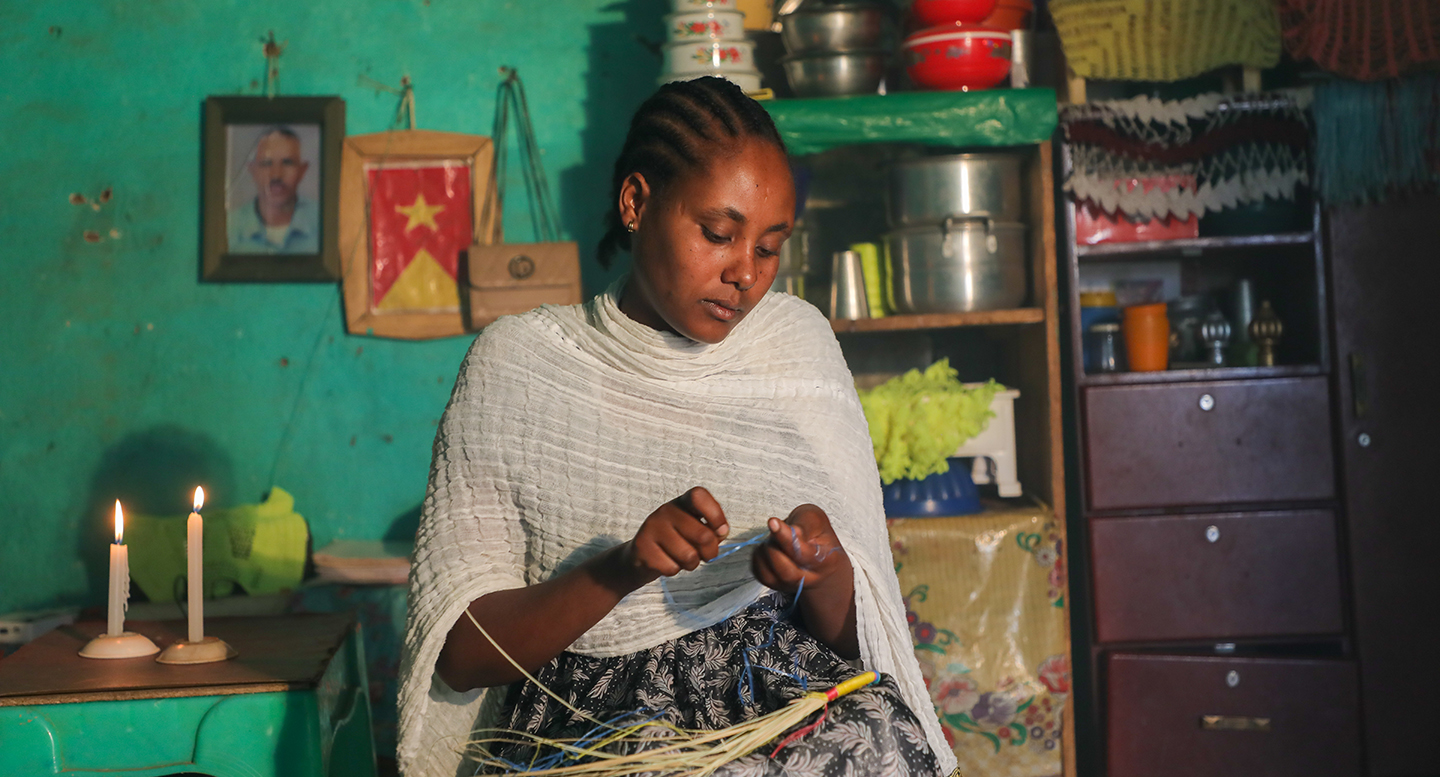
After more than two days in labour, Yemane suffered a stillbirth. Not only was she grieving the loss of her child, but complications during the delivery had resulted in obstetric fistula, leaving her with problems controlling her urine.
Cases of obstetric fistula – a condition in which prolonged, obstructed labour without access to medical care causes a hole between the birth canal and bladder or rectum, or both – increased in the region when an internal conflict flattened health facilities, leaving women with nowhere to turn.
The two-year war – which ended in November 2022, a month after Yemane was displaced – damaged or destroyed more than 90 per cent of health facilities in Tigray. Obstetric complications went untreated, leading to an increase in fistula cases, which rose from 3 in 1,000 women to to 17 in 1,000 women, according to the Hamlin Fistula Center in the city of Mekelle. Maternal deaths rose five-fold.
Fortunately, Yemane, 26, was able to have a successful surgery at the facility in Mekelle three months after her tragic experience.
The facility is one of a number of initiatives that UNFPA supports to both heal and prevent fistula, as the region struggles to recover from war, while also grappling with challenges including continued violence and displacement, climate crises, and food insecurity.
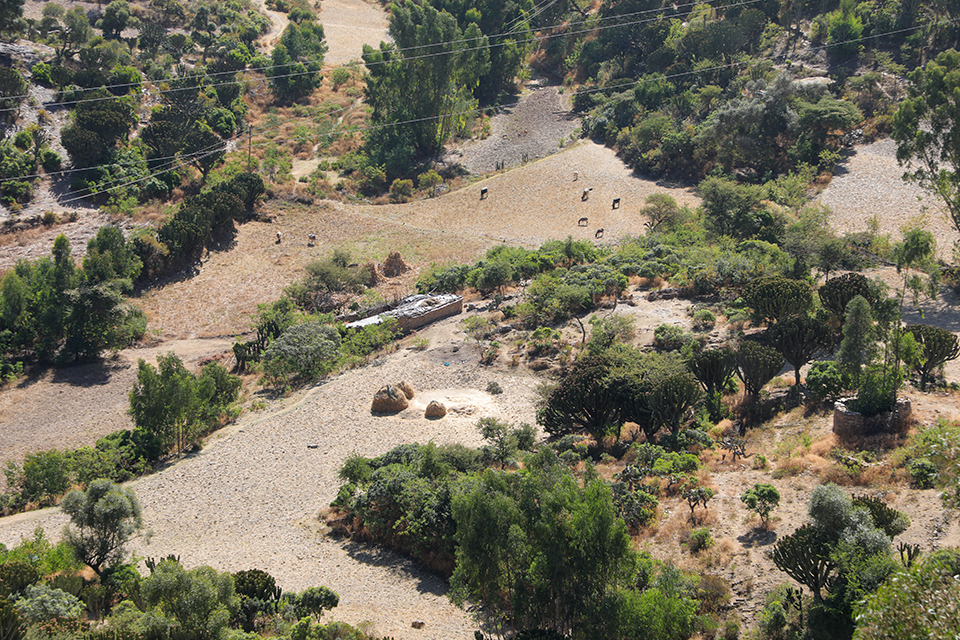
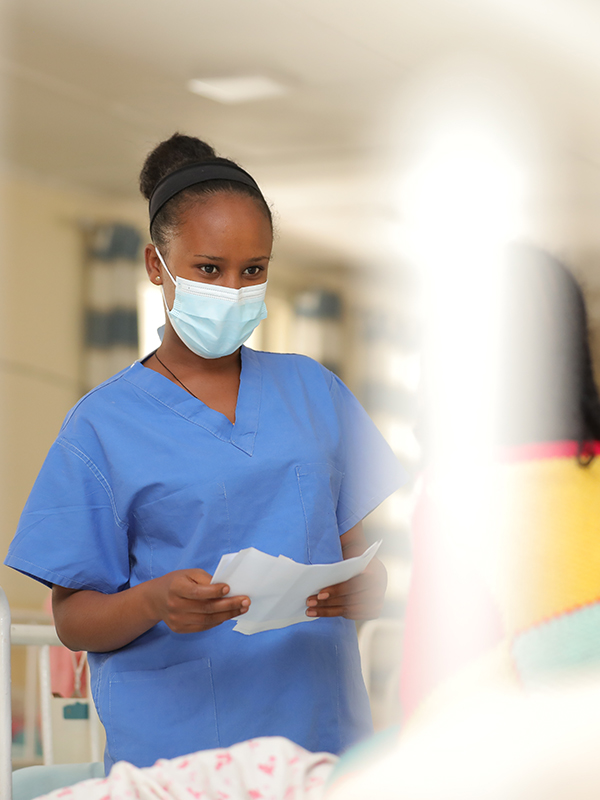
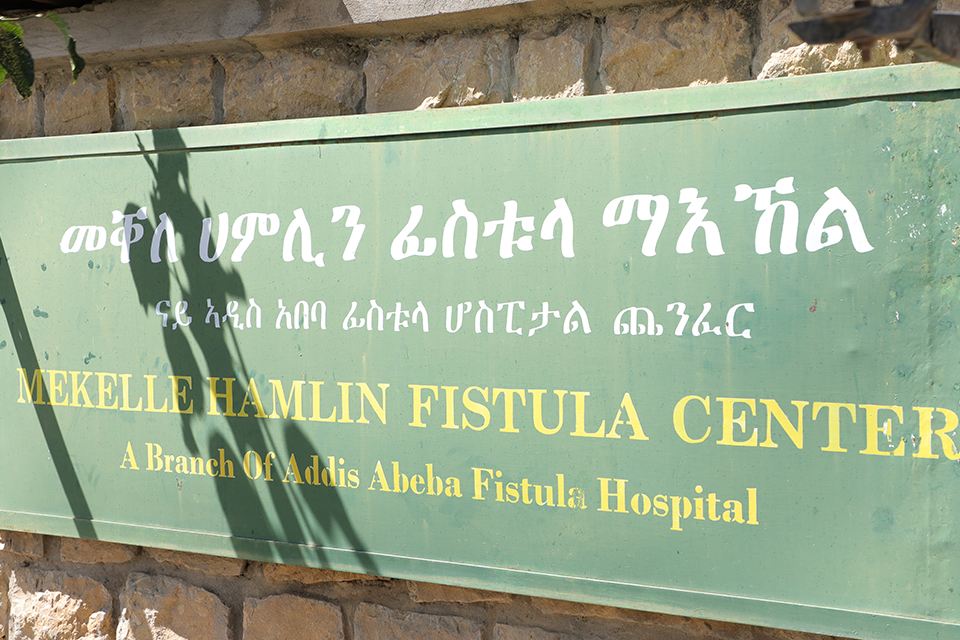
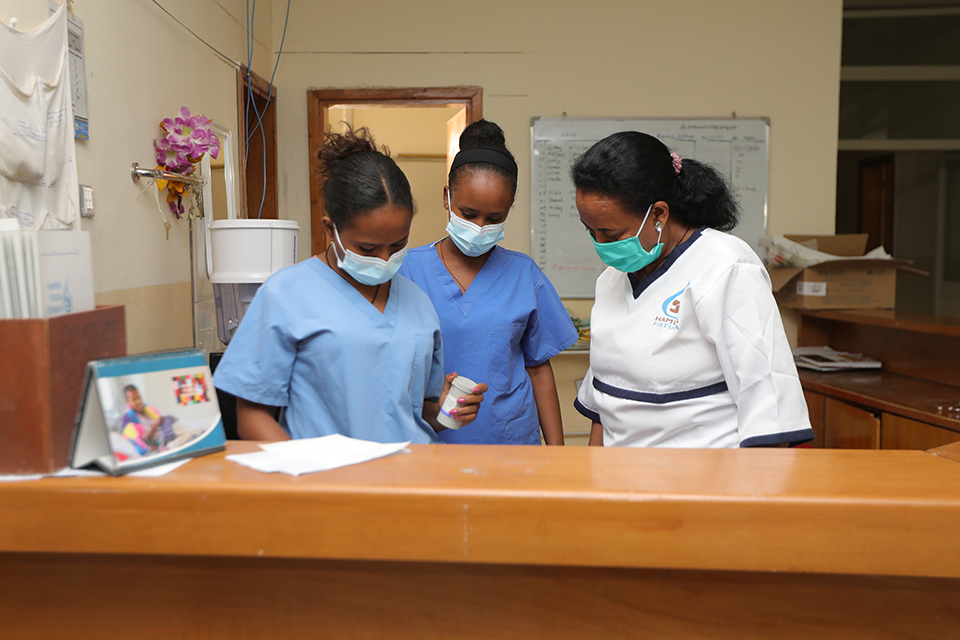
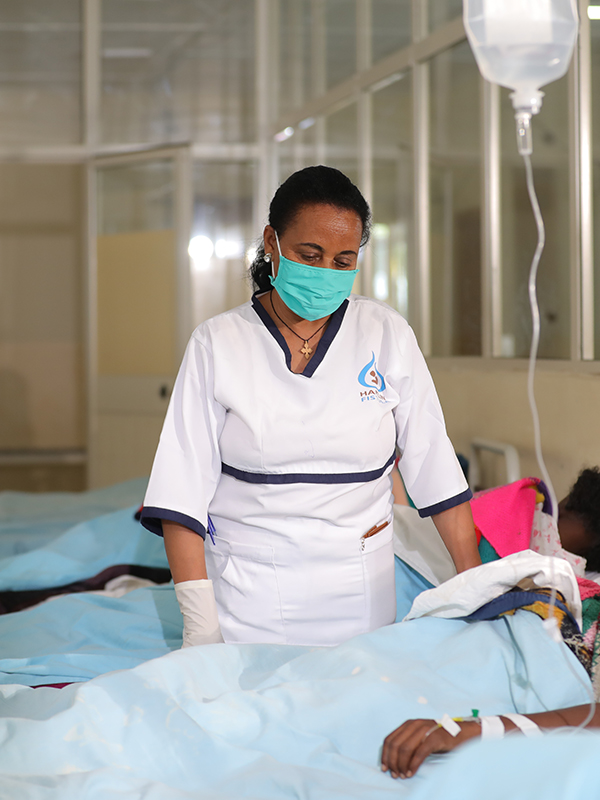
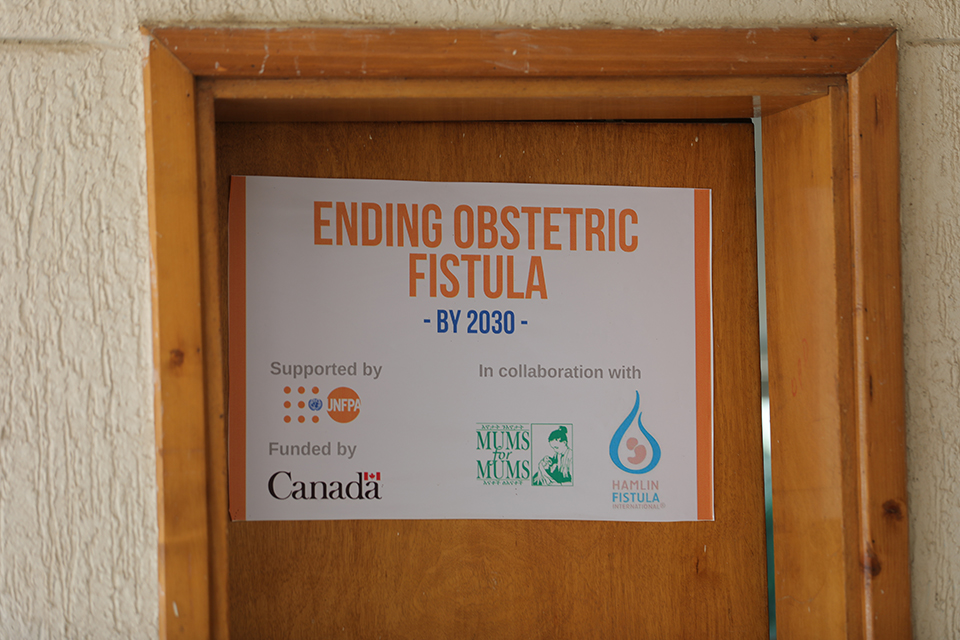
Healing, and hope
The health centre in Mekelle is one of six regional facilities operated by Hamlin Fistula Ethiopia, a health-care network dedicated to eradicating fistula across the country, with financial and technical support provided by UNFPA.
Crucially, the support from UNFPA helped keep the regional centres operating even when banking, telecommunications and internet services were cut off for a time during the conflict.
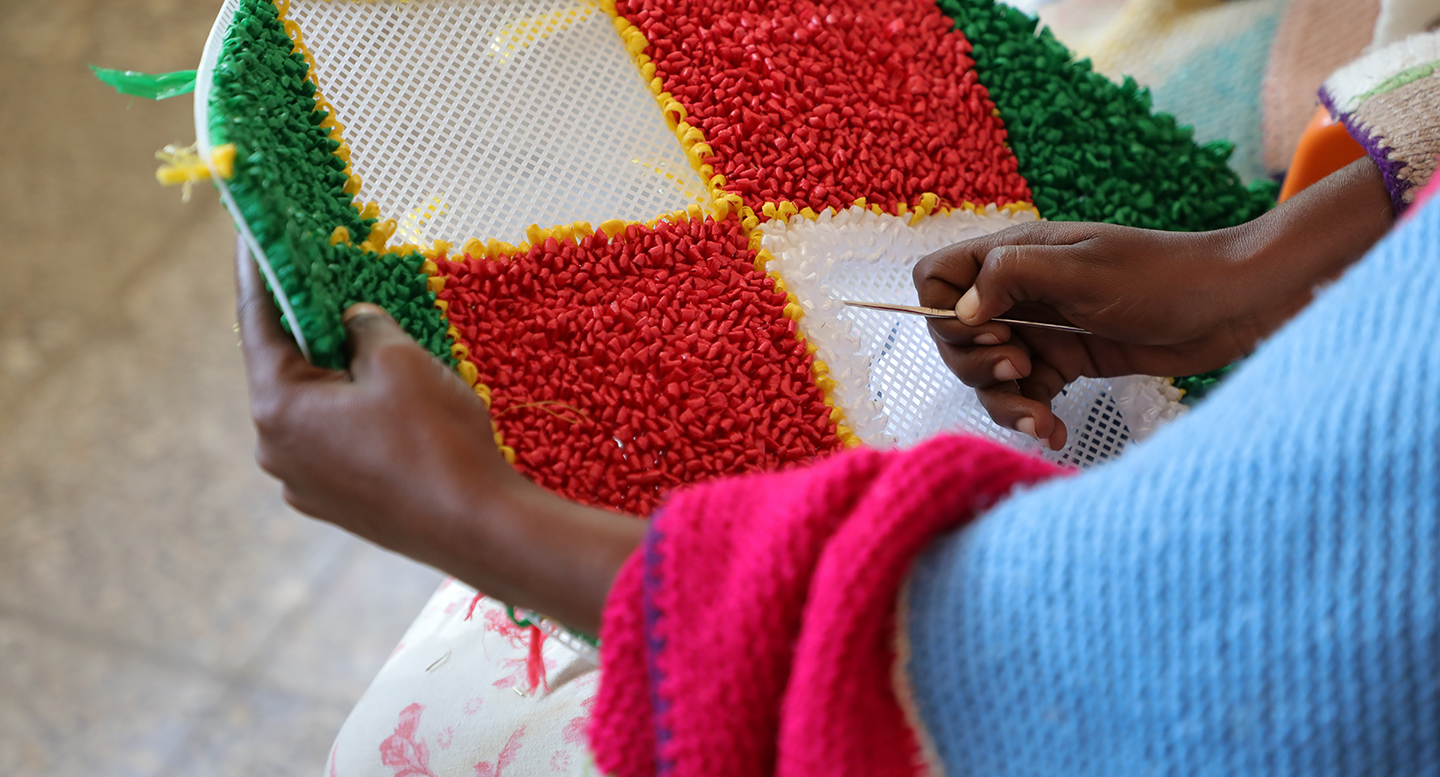
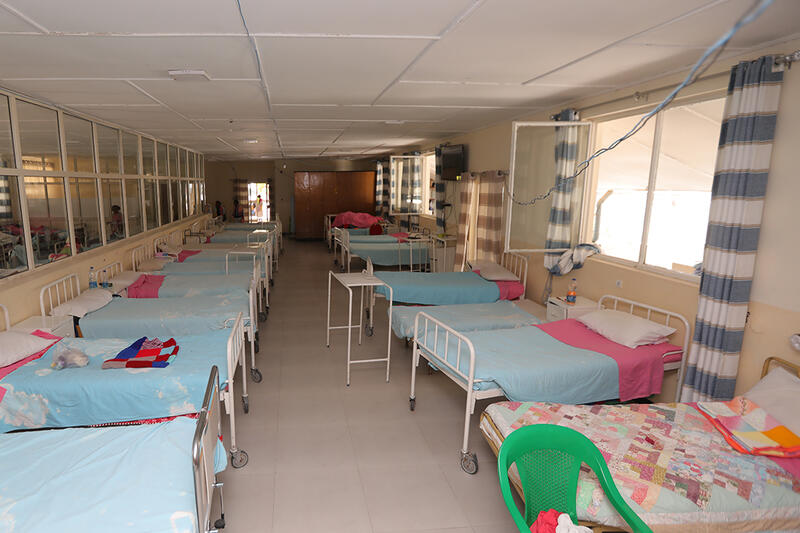
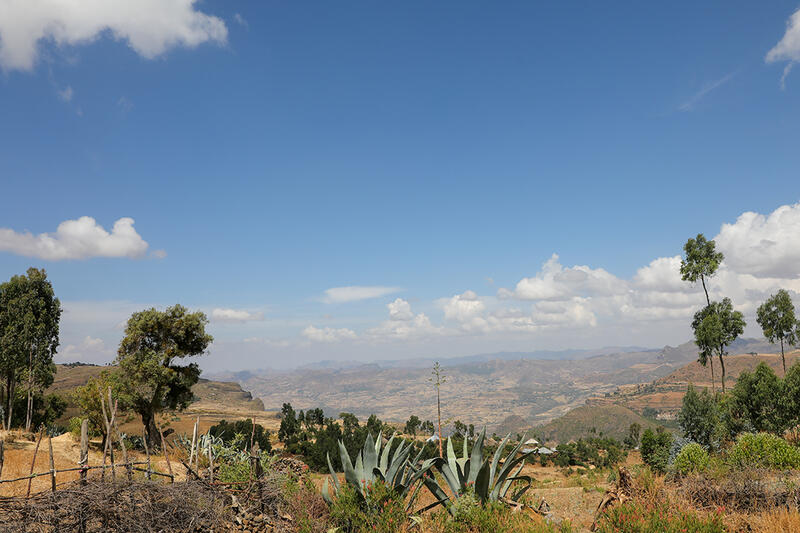
Fistula survivors also receive support in the form of livelihood training and mental-health services, thanks to a UNFPA-backed program run by local partner Mums for Mums, a nongovernmental organization focused on ending poverty as well as social, political and economic injustice for women and girls.
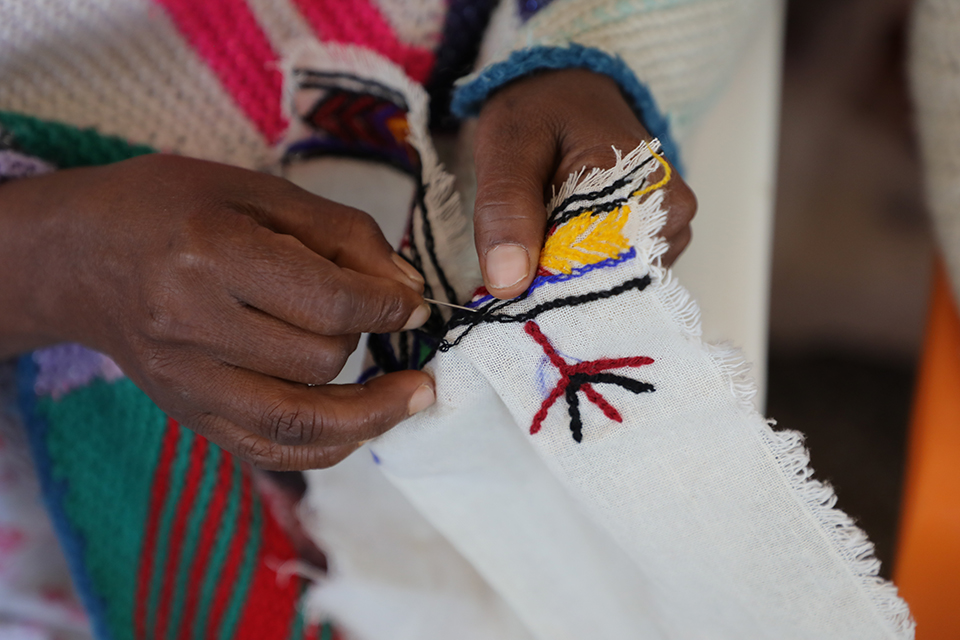
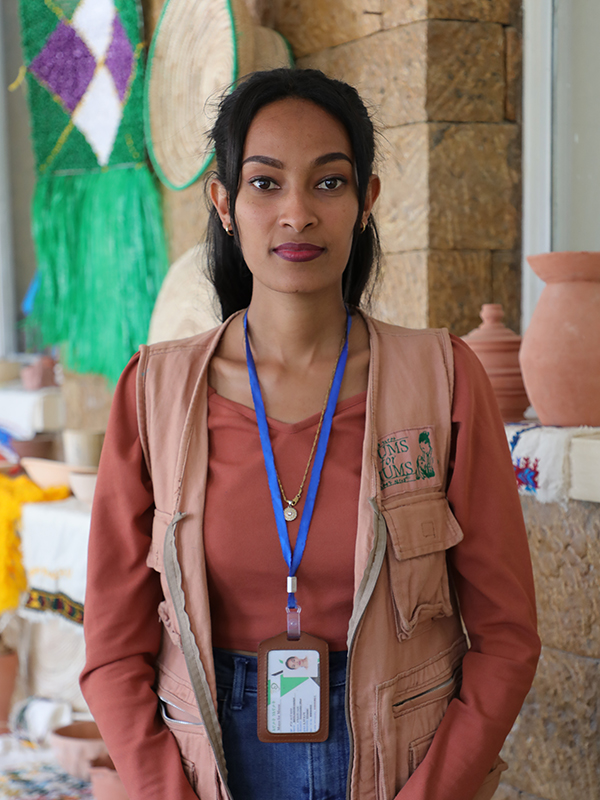
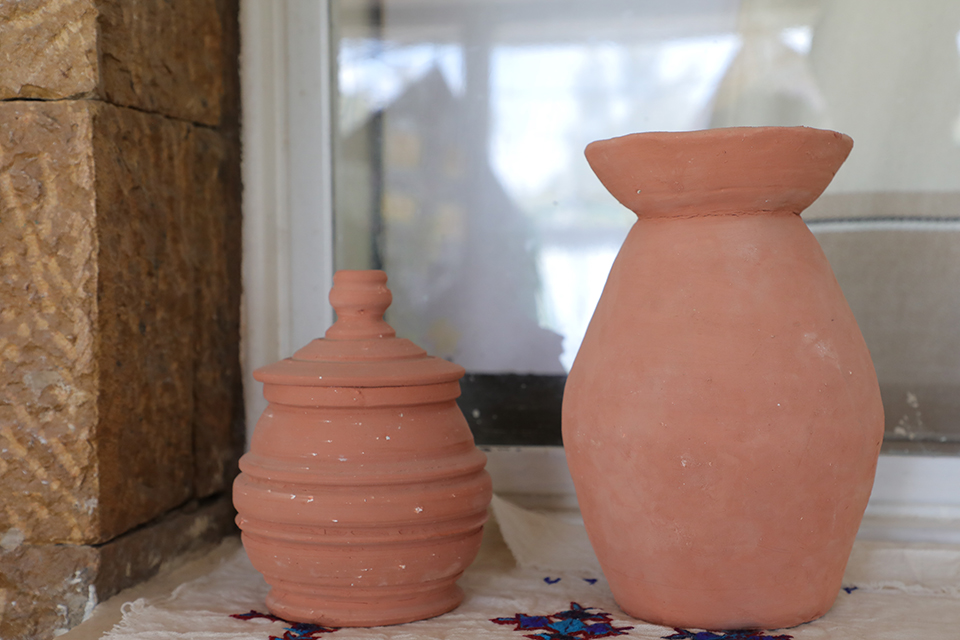
“UNFPA covers the costs of all that we do,” says Menaye Haddish, communications officer for Mums for Mums, pictured above, noting that the goal of the program, which was launched in January 2023, is for survivors “to have lasting change in their lives.”
Prevention and care
To reduce obstetric complications and maternal mortality, UNFPA supports a network of 54 “maternal waiting homes” across Ethiopia, a vital initiative run by local partners.
The homes, located at or near health facilities, provide a place to stay for women who are approaching their due date and are considered high risk, or who live too far away from medical services to access care.
The homes make a profound difference. In Tigray, for instance, the destruction of health facilities during the war left many women with a lack of access to a nearby facility staffed with trained midwives. Further, about four-fifths of the land in the region is mountainous, making infrastructure development difficult.
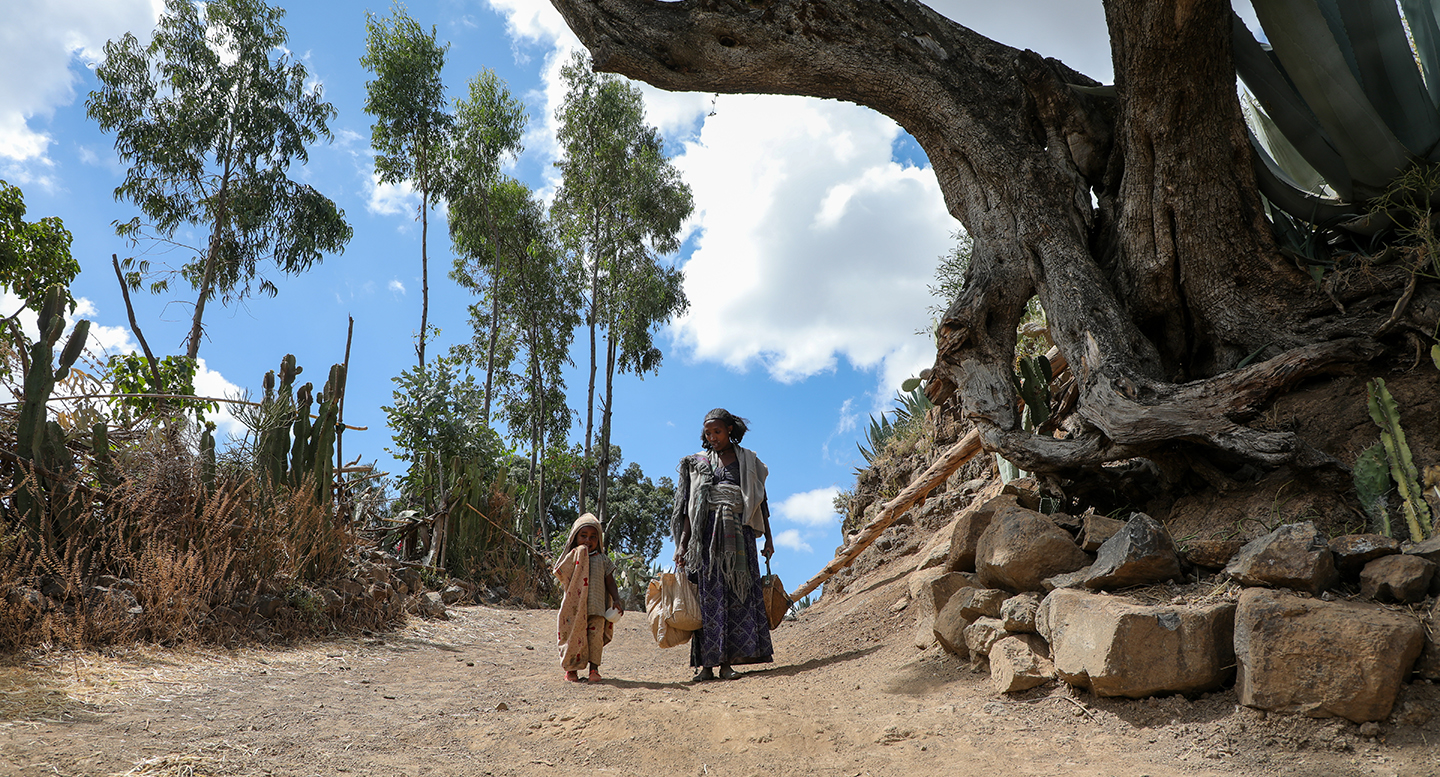
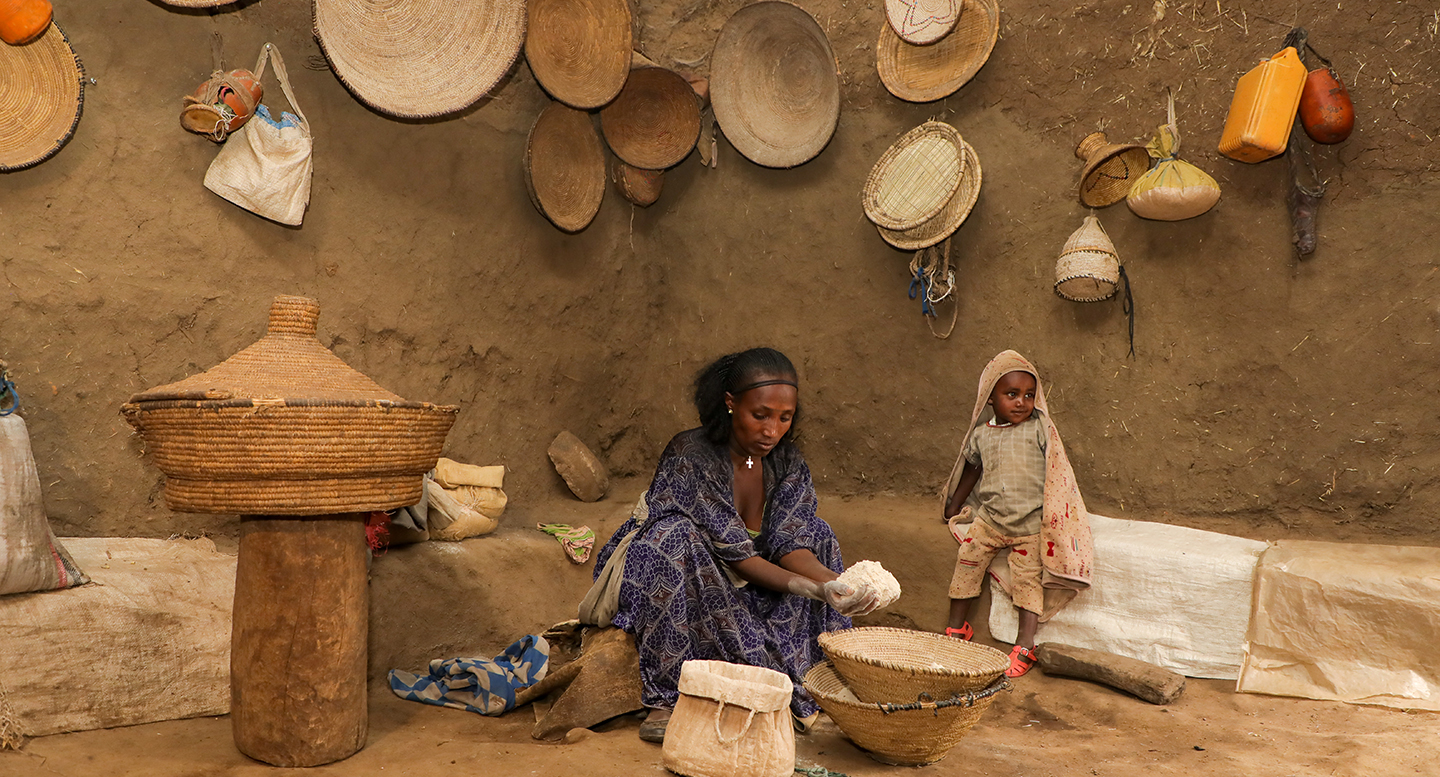
Typically, women stay for a week on either side of the birth. If they have small children, they can bring them along, as well as a birthing partner of their choice. Professional antenatal and postnatal care is on hand, and the health teams are equipped to deal with obstetric complications.
The homes can save lives: Studies have shown that women who access maternal waiting homes are 80 to 91 per cent less likely to die from obstetric complications.
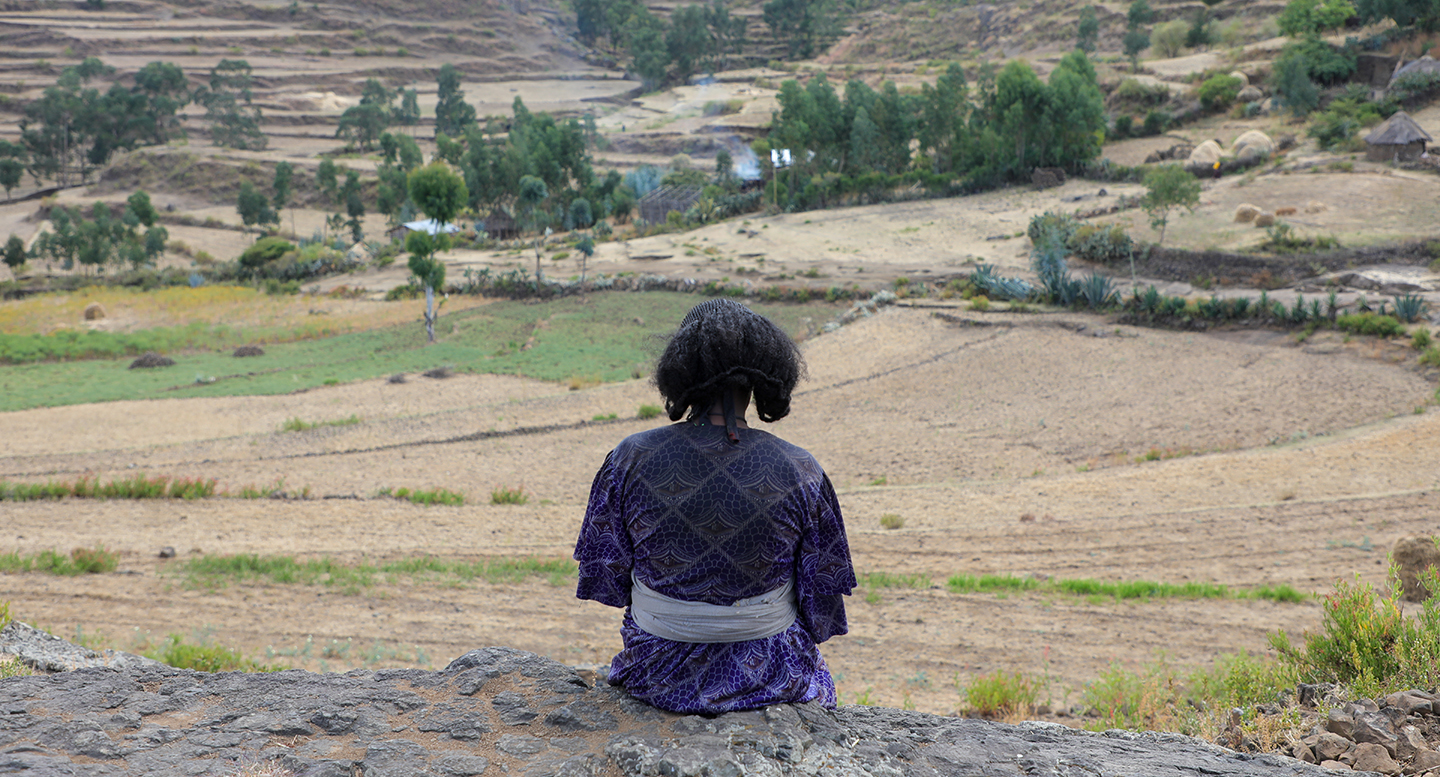
UNFPA’s support for fistula centres and maternal waiting homes is just part of a package of support in a region reeling from conflict, climate and crisis shocks, which have pushed more than 28 million Ethiopians into humanitarian need in 2024. In 2023, UNFPA deployed 222 midwives and 19 Mobile Health and Nutrition Teams to support sexual and reproductive health and maternal health services in affected regions.
There is a long way to go. With some 4.5 million people internally displaced, Ethiopia now faces a food security and nutrition crisis that could spiral into catastrophe – unless urgent action is taken.

